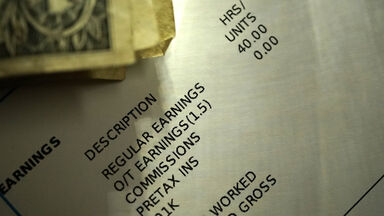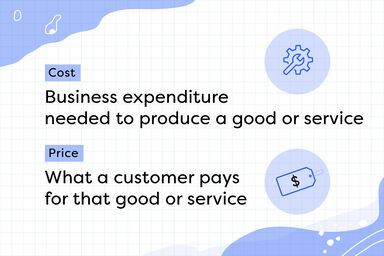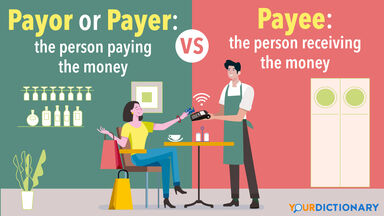Pay Definition
- To earn a given right or position through hard work, long-term experience, or suffering:
She paid her dues in small-town theaters before being cast in a Broadway play.
- To contribute one's own share; pay for oneself.
- To bear the consequences of something.
- To pay excessively.
- employed and paid by
Idioms, Phrasal Verbs Related to Pay
- pay (one's) dues
- pay (one's) way
- pay the piper
- pay through the nose
- in the pay of
- pay as you go
- pay back
- pay down
- pay for
- pay off
- pay someone's way
- pay out
- pay up
- with pay
Origin of Pay
-
From Middle English payen, from Old French paier, from Medieval Latin pācāre (“to settle, satisfy") from Latin pacare (“to pacify"). Displaced native Middle English yelden, yielden (“to pay") (from Old English Ä¡ieldan (“to pay")), Middle English schotten (“to pay, make payment") (from Old English scot, Ä¡escot (“payment")).
From Wiktionary
-
Middle English paien from Old French paiier from Late Latin pācāre to appease from Latin to pacify, subdue from pāx pāc- peace pag- in Indo-European roots
From American Heritage Dictionary of the English Language, 5th Edition
Obsolete French peier from Old French from Latin picāre from pix pic- pitch
From American Heritage Dictionary of the English Language, 5th Edition
-
Old French peier, from Latin picare (“to pitch").
From Wiktionary
Find Similar Words
Find similar words to pay using the buttons below.





